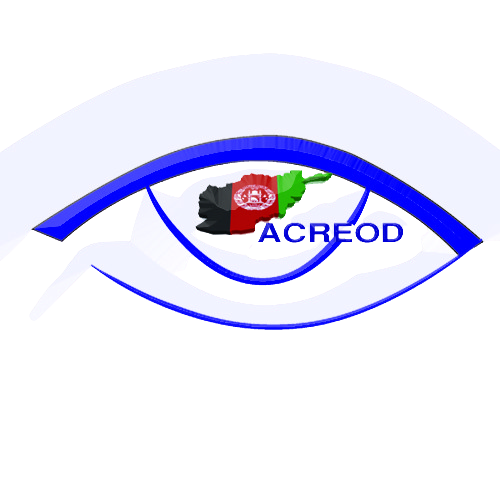
About ACREOD
Home - About Us
About Us
Founded in 2010, the Afghan Community Research & Empowerment Organization for Development (ACREOD) is a national, non-profit organization registered with the Ministry of Economy under license number 1723. Over the past 13 years, ACREOD has dedicated itself to combating poverty and social injustice in Afghanistan, with a particular emphasis on empowering women and girls. By collaborating closely with local communities, ACREOD works to identify the root causes of poverty and implement innovative, locally driven solutions that promote dignity, security, and opportunity for all Afghans. In 2023, ACREOD adopted a long-term strategy that integrates humanitarian response standards to ensure the sustainability and impact of its interventions. This strategic approach allows the organization to remain adaptable in a dynamic and challenging context while ensuring the longevity and success of its initiatives.

Vision:
We envision empowered Afghan communities where poverty is eradicated, and all Afghans live with dignity, security, and opportunity.
Mission:
ACREOD works alongside Afghan communities to reduce hunger, enhance access to healthcare, education, and economic development, and promote social justice for all.